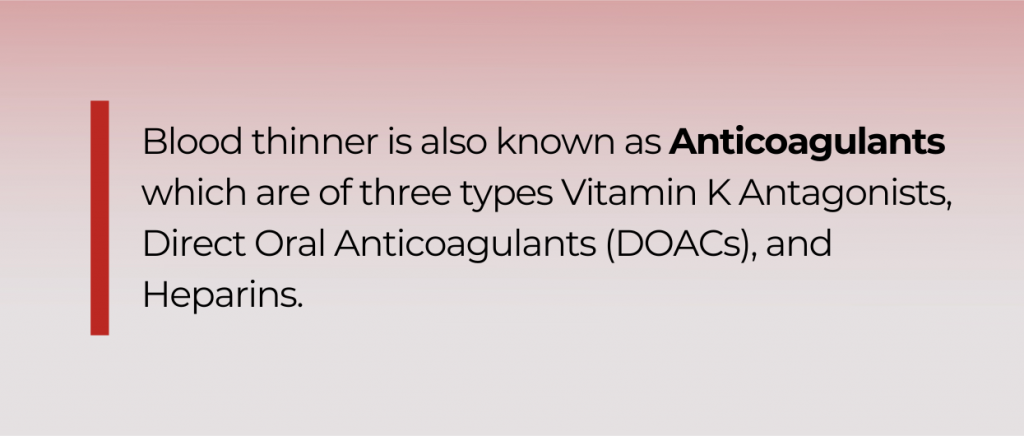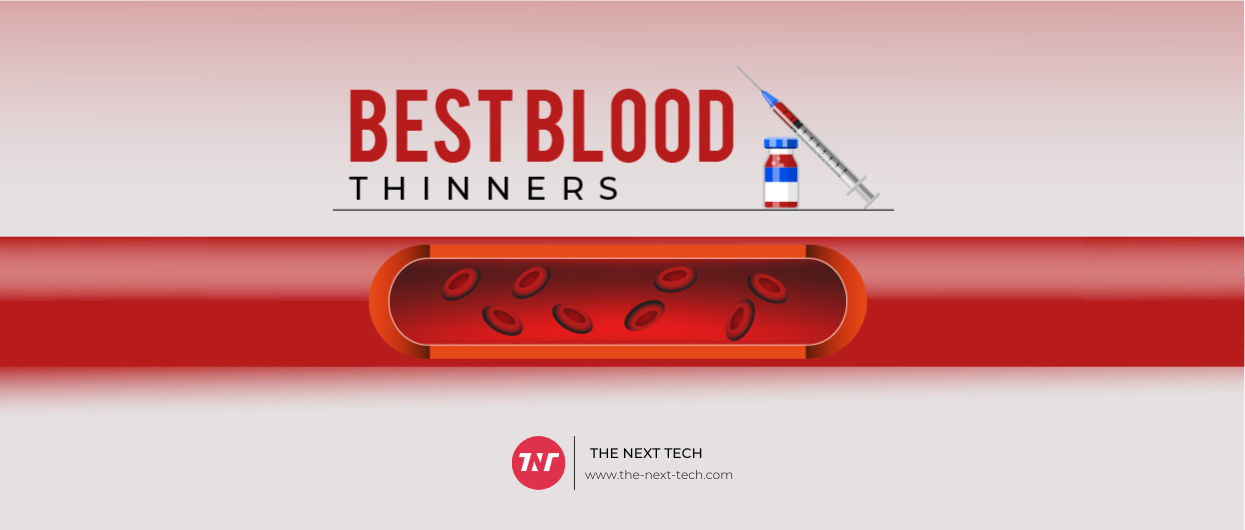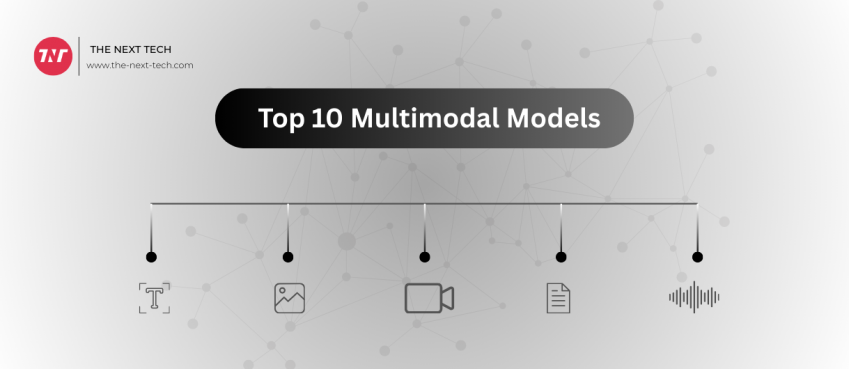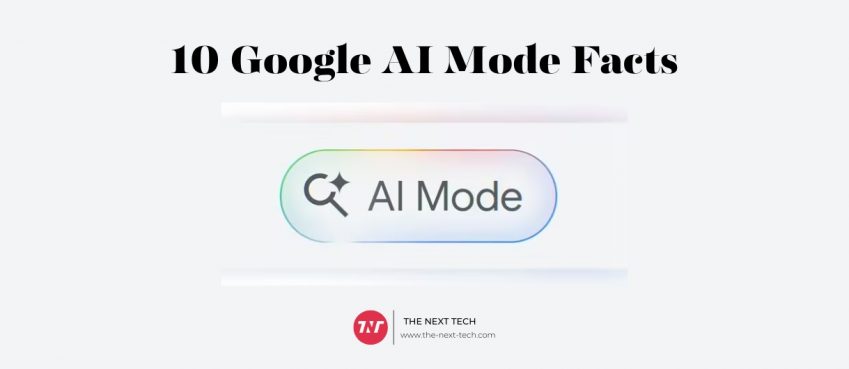
According to statista.com “The Anti-Coagulants market worldwide is expected to reach a staggering US$34.47bn this year.”
In global comparison, the United States is expected to dominate the Blood Thinners market, generating the highest revenue of US$17,680 Million in 2025.
This data purely indicates how serious people are taking blood thinners medications to prevent DVT and PE treatment, stroke, and Coronary Artery Disease (CAD).
This has given the rise to top 10 blood thinners to minimize heart diseases. In this blog, we have discussed popular blood thinners medications, food, and injections.
- What Are Blood Thinners?
- Top 10 Blood Thinners Medications
- Who Needs To Take Blood Thinners?
- What Are The Benefits & Risks Of Taking Blood Thinners?
- What Are The Top 10 Natural Blood Thinners Food?
- What Are The Top 10 Blood Thinners Injection?
- What Are The Top 10 Blood Thinners Brand Names?
- Conclusion
- FAQs About Blood Thinners
What Are Blood Thinners?
Blood thinners are medications that help prevent blood clots from forming or growing larger.
They are the class of medications that comprises of two types:
Anticoagulants: These slow down the clotting process by targeting specific proteins in the blood.
Antiplatelets: These prevent platelets from sticking together to form clots.
A blood thinner medications available either based on solo properties or a mix of both.

Top 10 Blood Thinners Medications
Following are the widely used blood thinners tablets used to prevent clotting and other risks.
1. Fondaparinux
Fondaparinux is a synthetic anticoagulant that selectively inhibits Factor Xa, a key enzyme in the blood clotting process.
This Medication Is Used to Prevent
- Deep vein thrombosis (DVT)
- Pulmonary embolism (PE)
- Clotting complications in patients
Pharmacological Data
- Bioavailability: 100% (subcutaneous administration)
- Elimination Half-Life: ~17-21 hours
- Excretion: Primarily renal (via urine)
- License Data: Approved for use in many countries
2. Apixaban
Apixaban is an oral anticoagulant and direct Factor Xa inhibitor, widely prescribed for clot prevention.
This Medication Is Used to Prevent
- Stroke in patients with atrial fibrillation
- DVT and PE (treatment and prevention)
- Post-surgical clot formation
Pharmacological Data
- Bioavailability: ~50%
- Elimination Half-Life: ~12 hours
- Excretion: 27% renal, with the rest via bile and feces
- License Data: Approved as Eliquis by FDA and EMA.
3. Dalteparin
Dalteparin is a low molecular weight heparin (LMWH) blood thinners medication that enhances the activity of antithrombin to inhibit clot formation.
This Medication Is Used to Prevent
- DVT and PE
- Blood clots in cancer patients
- Post-surgical clotting risks
Pharmacological Data
- Bioavailability: ~87% (subcutaneous)
- Elimination Half-Life: ~3-5 hours
- Excretion: Mainly renal
- License Data: Approved for use in many countries under the brand name Fragmin.
4. Heparin
Heparin is an injectable anticoagulant that acts by accelerating antithrombin’s inhibition of clotting enzymes.
This Medication Is Used to Prevent
- Blood clots in hospitalized patients
- DVT and PE
- During dialysis and surgeries
Pharmacological Data
- Bioavailability: N/A
- Elimination Half-Life: ~1-2 hours
- Excretion: Renal
- License Data: Clinical use worldwide.
5. Enoxaparin
Enoxaparin is a low molecular weight heparin that provides a predictable anticoagulant effect by inhibiting Factor Xa and thrombin.
This Medication Is Used to Prevent
- DVT and PE
- Blood clots in immobile or surgical patients
- Heart attack complications
Pharmacological Data
- Bioavailability: ~92% (subcutaneous)
- Elimination Half-Life: ~4.5 hours
- Excretion: Renal
- License Data: Under the brand name Lovenox.
6. Edoxaban
The best blood thinners medication, Edoxaban is a direct oral anticoagulant (DOAC) that specifically inhibits Factor Xa.
This Medication Is Used to Prevent
- Stroke in atrial fibrillation patients
- DVT and PE
Pharmacological Data
- Bioavailability: ~62%
- Elimination Half-Life: ~10-14 hours
- Excretion: 50% renal
- License Data: Approved as Savaysa in the U.S.
7. Rivaroxaban
Rivaroxaban is an oral anticoagulant that directly inhibits Factor Xa to prevent clot formation.
This Medication Is Used to Prevent
- Stroke in atrial fibrillation
- DVT and PE (treatment and prevention)
- Post-surgical thrombosis
Pharmacological Data
- Bioavailability: ~80-100%
- Elimination Half-Life: ~5-13 hours
- Excretion: 66% renal, 28% fecal
- License Data: Approved as Xarelto by FDA and EMA.
8. Clopidogrel
Clopidogrel is an antiplatelet agent that prevents platelets from aggregating and forming clots.
This Medication Is Used to Prevent
- Heart attack and stroke in high-risk individuals
- Clotting after stent placement
Pharmacological Data
- Bioavailability: Prodrug
- Elimination Half-Life: ~6 hours
- Excretion: 50% renal, 46% fecal
- License Data: Approved as Plavix.
9. Prasugrel
Prasugrel is an antiplatelet medication that inhibits platelet activation and aggregation.
This Medication Is Used to Prevent
- Blood clots in patients with acute coronary syndrome
- Clotting after stent placement
Pharmacological Data
- Bioavailability: Prodrug; extensively metabolized
- Elimination Half-Life: ~7 hours (active metabolite)
- Excretion: Renal and fecal
- License Data: Approved as Effient.
10. Ticagrelor
Ticagrelor is an antiplatelet drug that inhibits platelet aggregation by blocking the P2Y12 receptor.
This Medication Is Used to Prevent
- Blood clots in patients with acute coronary syndrome
- Stroke and heart attack
Pharmacological Data
- Bioavailability: ~36%
- Elimination Half-Life: ~7-12 hours
- Excretion: Fecal (58%) and renal (26%)
- License Data: Approved as Brilinta.
Who Needs To Take Blood Thinners?
Doctors prescribe blood thinners to individuals at risk of developing blood clots or those with suffering conditions mentioned below.
👉 Heart attack and stroke survivors
👉 Patients with mechanical heart valves
👉 Coronary Artery Disease (CAD)
👉 Cancer patients
👉 During pregnancy
Individuals with severe liver or kidney disease should not take blood thinners.
What Are The Benefits & Risks Of Taking Blood Thinners?
Blood thinners are life-saving medications for those at risk of clot-related complications. But it does have risks associated with it.
| Benefits | Risks |
|---|---|
| Reduces the risk of blood clots forming in veins and arteries. | Increases the likelihood of bleeding, even with minor injuries. |
| Lowers the risk of stroke in conditions like atrial fibrillation. | May lead to serious complications such as brain hemorrhages. |
| Prevents clots that can block coronary arteries, reducing heart attack risk. | Can cause gastrointestinal bleeding or ulcers in some patients. |
| Stops the growth of existing clots and prevents new ones from forming. | Potential for uncontrolled bleeding, especially in people with clotting disorders. |
| Reduces clot risk after surgeries like joint replacements or heart surgery. | Requires careful monitoring to avoid excessive bleeding after surgery. |
| Critical in treating life-threatening conditions like pulmonary embolism. | Misuse or overdose can lead to life-threatening bleeding events. |
| Helps manage chronic conditions like CAD and clotting disorders. | Requires regular testing and dietary restrictions for some drugs. |
What Are The Top 10 Natural Blood Thinners Food?
Did you know that you include following foods in your daily diet to reduce the risk of forming blood clotting at a glance. Taking these foods is also helpful in minimizing clotting during its development.
Turmeric: It also improves blood flow by lowering pro-inflammatory markers.
Ginger: Reducing platelet aggregation and improving circulation.
Vitamin E Foods: Inhibits platelet clumping, reducing clot formation.
Cassia Cinnamon: Anticoagulant properties and helps thin the blood
Ginkgo Biloba: Improves blood flow and reduces platelet aggregation.
Ginseng Tea: It reduces platelet stickiness and promotes better circulation.
Pineapple Juice: Contains bromelain, an enzyme that helps break down fibrin.
Feverfew Tea: Similar properties as presented in ginseng tea.
Grape Juice: Rich in resveratrol and flavonoids help in improving vascular health.
Omega-3 Fatty Acid Foods: Widely helps in lowering inflammation and improving blood vessels.
What Are The Top 10 Blood Thinners Injection?
- Heparin
- Enoxaparin (Lovenox)
- Dalteparin (Fragmin)
- Fondaparinux (Arixtra)
- Argatroban
- Bivalirudin (Angiomax)
- Desirudin (Iprivask)
- Tinzaparin (Innohep)
- Urokinase
- Alteplase
What Are The Top 10 Blood Thinners Brand Names?
| Brand Name | Generic Name | Date Available |
|---|---|---|
| Coumadin | Warfarin | 1954 |
| Lovenox | Enoxaparin | 1993 |
| Eliquis | Apixaban | 2012 |
| Xarelto | Rivaroxaban | 2011 |
| Pradaxa | Dabigatran | 2010 |
| Arixtra | Fondaparinux | 2001 |
| Plavix | Clopidogrel | 1997 |
| Brilinta | Ticagrelor | 2011 |
| Effient | Prasugrel | 2009 |
| Fragmin | Dalteparin | 1980 |
Conclusion
These blood thinners medications are available easily at Walmart Pharmacy or brick-and-mortar shops. Antiplatelet drugs are mostly given to people, however, it’s best to seek medical advice before taking top 10 blood thinners by yourself.
Ask these questions to your doctor:
How long will you need to take it?
What type of blood thinner is right for you?
Are there any dietary or lifestyle changes to follow?
What are signs of complications, like excessive bleeding?
In the end, blood thinners can save your life or minimize the risks of death. But it should be taken carefully.
Bioavailability: The extent to which a drug is absorbed into the bloodstream.
Excretion: The process of removing a drug from the body.
Pharmacological Data: Information on how a drug works.
Thrombosis: The formation of a blood clot inside a blood vessel.
Fibrin: A protein involved in blood clotting.
Flavonoids: Plant compounds that have antioxidant effects.
FAQs About Blood Thinners
What is the safest blood thinner to be on?
The safest blood thinners are Apixaban and Rivaroxaban, often considered safer with fewer restrictions.
What is the best blood thinner for seniors?
Apixaban and Rivaroxaban are mostly given to elderly people.
What is the best blood thinner for children?
Enoxaparin is the best blood thinner for children.
Which are the best blood thinners over the counter?
Aspirin and certain foods mentioned in this blog are the best blood thinners over the counter.
Author’s Recommendation:
👉 5 Home Remedies For Eye Stye
👉 10 Best Anatomy Apps For Physiologist Beginners
👉 People With Purple Eyes Condition In Real-Life
Disclaimer: The information written on this article is for education purposes only. We do not own them or are not partnered to these websites. For more information, read our terms and conditions.
FYI: Explore more financial tips and tricks here. For more tech tips and quick solutions, follow our Facebook page, for AI-driven insights and guides, follow our LinkedIn page.
Bharat Kumar
Bharat is a content editor at The Next Tech for the past 3 years. He is studying Generative AI (GenAI) from Analytics Vidhya and share his learnings by writing on Generative Engines, Large Language Models, and Artificial Intelligence. In addition to his editorial work, Bharat is active on LinkedIn, where he shares bite-sized updates and achievements. Outside work, he’s known as a Silver‑rank Valorant player, reflecting his competitive edge and strategic mindset.
Related Posts
Top 10
Top 10 Deep Learning Multimodal Models & Their Uses
By: Bharat Kumar, Tue August 12, 2025
The very first multimodal model seen in 1997 by IBM ViaVoice that capable to..
Top 10
10 Google AI Mode Facts That Every SEOs Should Know (And Wha...
By: Bharat Kumar, Fri July 4, 2025
After the release of AI Overviews, Google recently launched “AI Mode” in..
Top 10
Top 10 visionOS 26 Features & Announcement (With Video)
By: Bharat Kumar, Thu June 12, 2025
In summary: The visionOS 26 features photorealistic personas, spatial scenes,..
Top 10
Top 10 Veo 3 AI Video Generators in 2025 (Compared & Te...
By: Bharat Kumar, Tue June 10, 2025
Veo 3 AI videos are everywhere! Whether on social media, filming sector, and..
Top 10
Top 10 AI GPUs That Can Increase Work Productivity By 30% (W...
By: Bharat Kumar, Wed May 28, 2025
Entities such as Industrial Automation, Chip Design, Computer Vision, and Cloud..
Top 10
[10 BEST] AI Influencer Generator Apps Trending Right Now
By: Bharat Kumar, Mon March 17, 2025
AI models aka generative AI is getting stronger day by day. By far, examples..
Copyright © 2018 – The Next Tech. All Rights Reserved.







